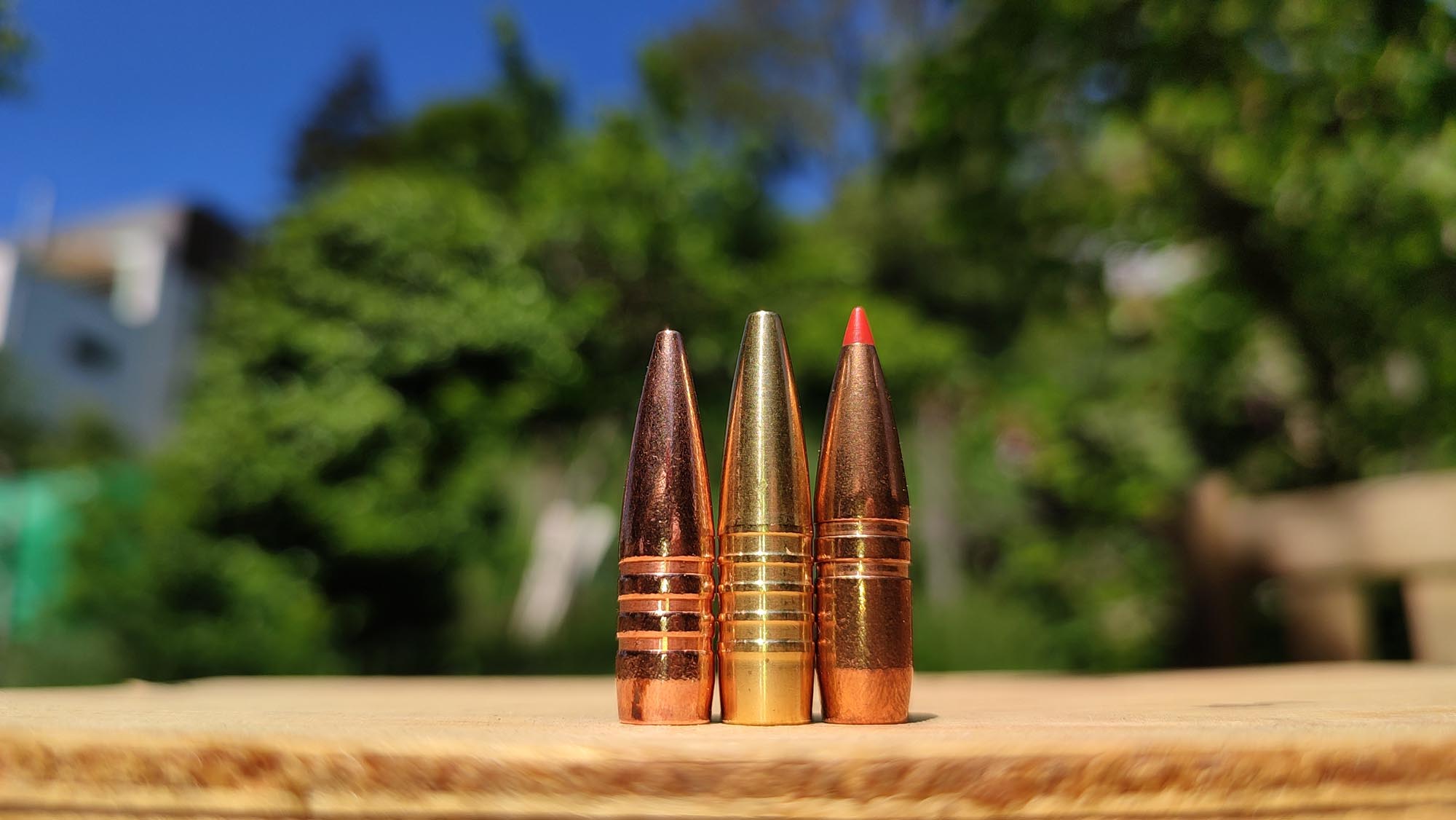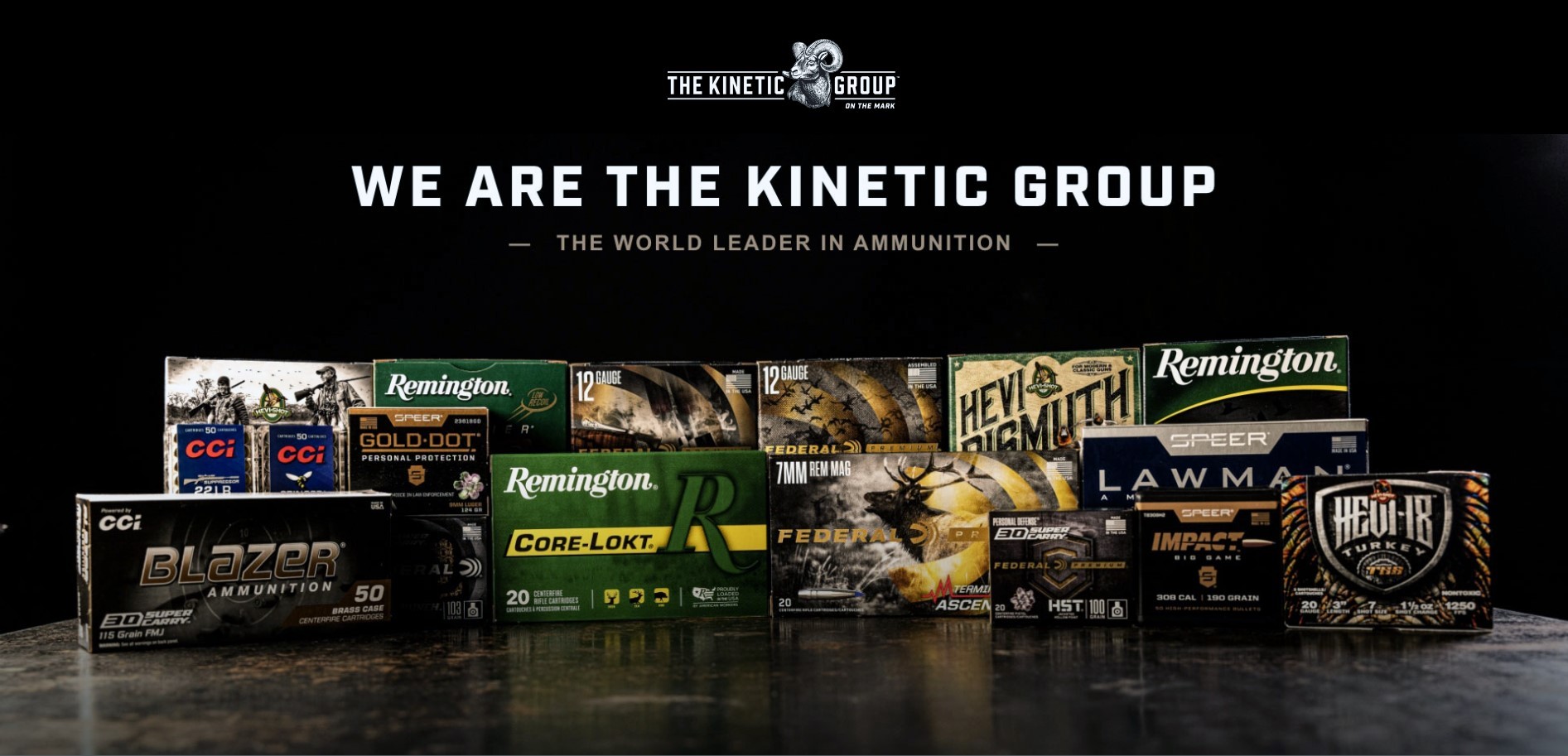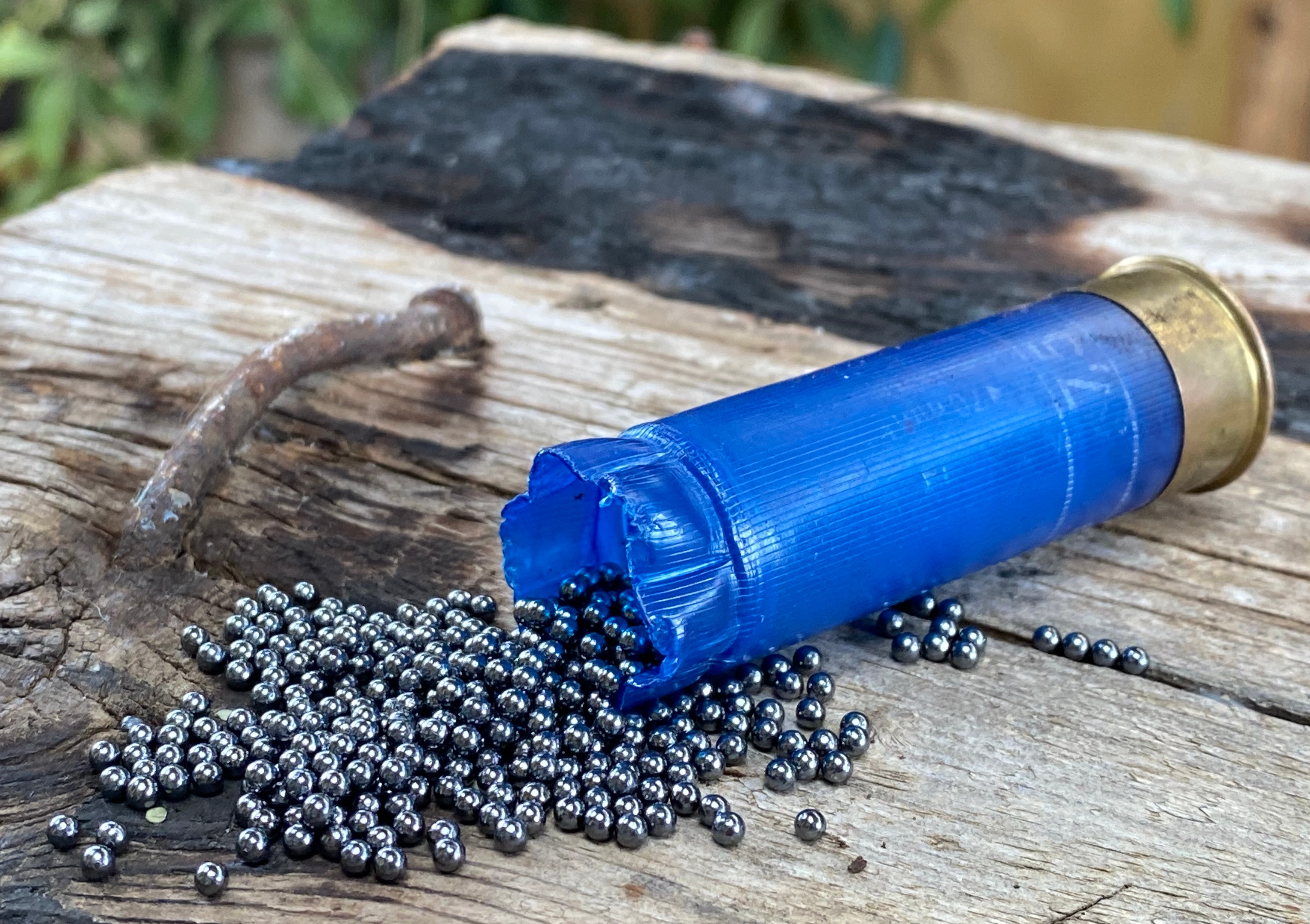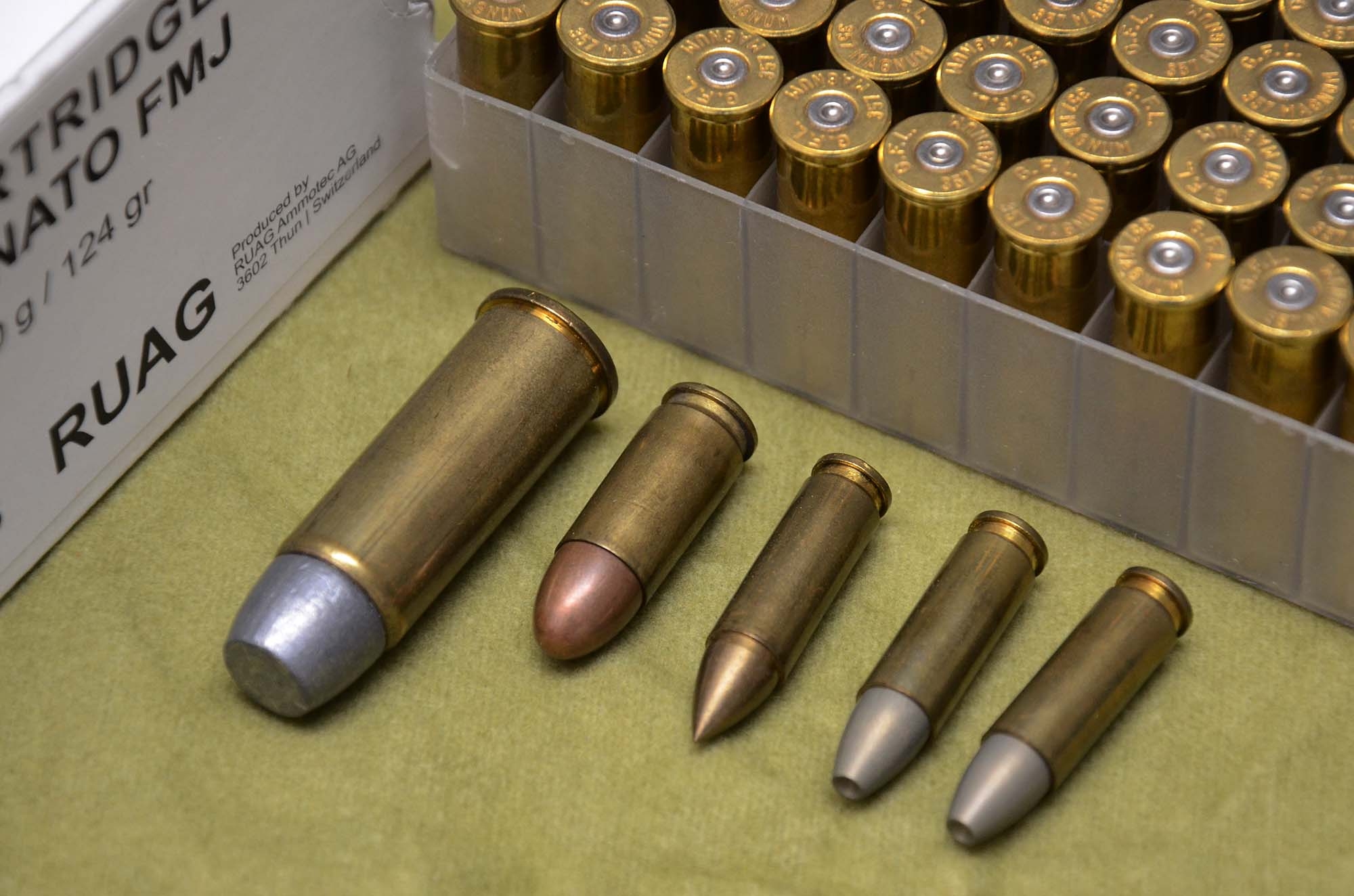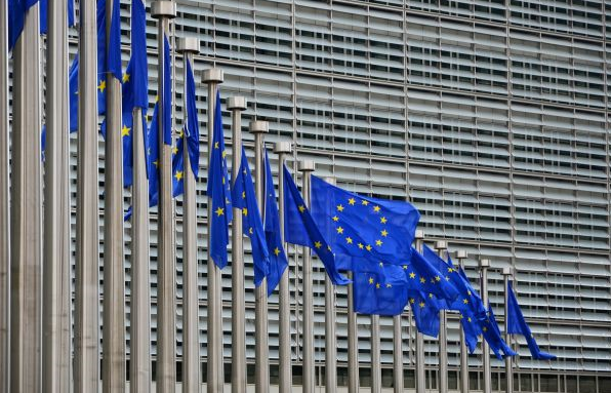The good thing about dealing with the EU and its agencies is that you know exactly what to expect – that is, they won't listen to anyone and they will go on their way, no matter the consequences for European citizens, society and economy. Accordingly, notwithstanding the many comments received under the Public Consultation and well-founded objections, in its 11th recommendation dated April 12, 2023 ECHA, the European Chemicals Agency, proposes lead metal for REACH Annex XIV Authorization Listing, together with other seven substances “of very high concern” and “of the highest priority”.
Ban of lead in ammunition: an “unnecessary bureaucratic burden”
In a position paper that was elaborated with and co-signed by AFEMS (Association of European Manufacturers of Sporting Ammunition) and other 30 associations, the International Lead Association remarks that “Progressing the European Chemicals Agency’s (ECHA) recommendation to include lead metal in the REACH Authorization List would have severe consequences for a broad range of strategically important European industries and applications.”
These include non-ferrous metals manufacturing, such as “lead battery production, automotive, machinery and mechanical engineering industries, the marine sector, aeronautics, space, and defense, healthcare, clean energy – including solar, nuclear and offshore wind – the use of lead in the shielding of ionizing radiation, to protect workers, patients, and members of the public, as an alloying agent, and many more for which lead is an essential raw material that does not have any technical or socio-economically viable alternatives.”
In many economically and socially important applications, they stress, the use of lead is not only unavoidable: it is essential and extensively regulated.
What should be the expected benefit of a REACH authorization of lead acording to ECHA's opinion?
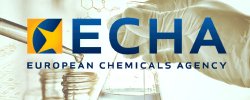
“The EU already has a comprehensive framework of lead-specific legislation designed to manage risk to human health and the environment”. ECHA itself “has in fact acknowledged that the minimum requirements to protect worker health appear to be set via the binding limit values for lead, with more stringent values already anticipated under the Carcinogens, Mutagens and Reprotoxic Substances Directive. And data shows that the majority of industrial emissions of lead now result from activities which are NOT in scope of REACH Authorization.”
“REACH Authorization Listing for lead will simply add unnecessary bureaucratic burdens, block investments and is not the best option to improve risk management, stimulate faster substitution, or reduce exposure. It would do little more than create uncertainty, which undermines the financial viability of successful European companies. It effectively reduces the productivity and competitiveness of successful EU value chains, potentially opening the door to non-EU competitors that will continue to use lead to manufacture products that still have a societal need.”
Moreover, inclusion of lead metal in REACH Annex XIV would result in an unprecedented number – many thousands – of Applications for Authorization, which would swamp ECHA and its committees, and the EU Commission’s own REACH Committee and its decision-making process. The conclusions of the position paper ultimately urge the Commission to reject ECHA’s recommendation and support EU businesses.
AFEMS position: Let's work on realistic restrictions instead of the authorization of lead in ammunition
With reference to the next steps, AFEMS states, that “there are great uncertainties concerning the timing of the regulatory process. It will be up to the European Commission’s REACH Committee to politically and technically discuss this recommendation and decide whether to include lead metal or not in the Annex XIV of the REACH Regulation.”
In what they call the “worst-case scenario”, companies using lead would have to apply for and pay for an authorization, to continue using it until the so-called "sunset date" which should be set no earlier than 2028. Permission for continued use of lead may in fact be granted if technically and economically viable alternatives are not available. There is also no exemption for military uses, as it must be established by the Member States, and could only be granted to a limited number of companies.
The only viable strategy now is to highlight the need to work on the restriction(s) instead of the authorization, and that risks of the substance can be effectively managed also through the reasonable update of the Occupational Exposure Limits (OELs). At the end of the day, politics will decide the matter. Based on our previous experiences, there is little to reassure us.
UPDATE: the International Lead Association (ILA) asks the European Commission to reject ECHA's recommendation
ILA has written to the European Commission asking it to reject the recommendation from ECHA to include lead on its REACH list of substances requiring authorisation. In a letter to the Commission, Dr. Steve Binks, ILA’s Regulatory Affairs Director, warned that the recommendation would have “significant consequences for a wide cross-section of European businesses”.
ILA has sent the Commission the open statement cited above. Dr Binks said: “In many economically and socially important applications the use of lead is not only unavoidable, it is essential and extensively regulated. Many products and applications that rely on lead underpin the EU’s policy objectives for the twin transitions and for a strategically autonomous, sustainable future.” ILA will be meeting with European Commission officials and other stakeholders arguing against the recommendation, given that lead is already extensively regulated in Europe.
Update 04/19/2023: Sweden opposes a complete ban on lead in ammunition - these are the reasons:
Sweden wants to stop the EU proposal on a ban of all lead ammunition. The proposed exemptions are not sufficient to protect hunting and sport shooting in Sweden and Europe, according to the government The Minister of Rural Affairs Peter Kullgren and Romina Pourmokhtari (Minister of Environment), announced on 16/04/2023 that the Swedish government will definitely not support the proposal for a complete ban of lead in ammunition as proposed by ECHA.
"Lead from ammunition poses an environmental hazard, especially in wetlands, but the current regulations are restrictive enough. I cannot get behind this far-reaching ban," said Environment Minister Romina Pourmokhtari. "We don't want a complete ban on lead ammunition. Lead-free ammunition is not an option for many hunters. It's about the risk of ricochets, killing effects and animal suffering," added Peter Kullgren.
Sweden will not stand behind the regulation with the current form of the proposal, the statement continues. The government hopes to find support for its line from other countries with the same strong hunting and shooting traditions as Sweden.
We will keep you updated.



